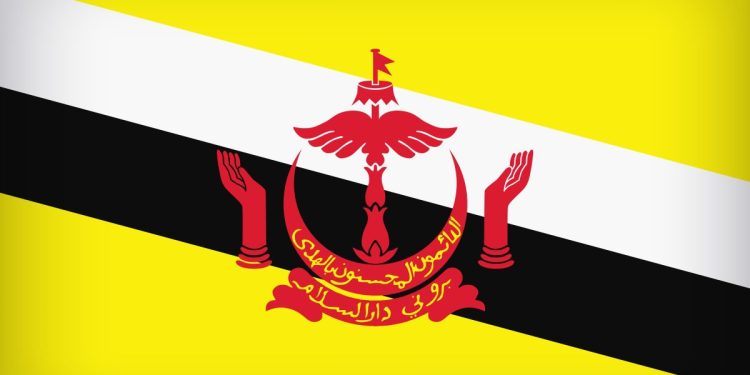#PotatoFarming #BruneiAgriculture #FoodSecurity #ClimateChange #SeedPotatoProduction
Potatoes are a staple food crop in many countries around the world, and Brunei is no exception. While potato cultivation is not as widespread in Brunei as it is in other countries, the history of potato farming in the country dates back several decades.
Potatoes were first introduced to Brunei by British colonial administrators in the early 20th century. However, it wasn’t until the 1970s that potato farming began to gain popularity in the country, with farmers cultivating potatoes primarily for domestic consumption.
Today, potatoes are grown in several areas across Brunei, including the Belait, Tutong, and Temburong districts. The most commonly cultivated varieties include Russet Burbank, Kennebec, and Shepody.
One of the biggest challenges facing potato farmers in Brunei is the country’s hot and humid climate, which can affect the quality and yield of the crop. To overcome this challenge, farmers often grow potatoes during the cooler months of the year, from December to February.
Another challenge facing potato farmers in Brunei is limited access to high-quality seed potatoes. To address this, the government has implemented several initiatives to promote the production of seed potatoes locally, including providing farmers with technical assistance and financial support.
Despite these challenges, potato farming in Brunei has the potential to play an important role in the country’s food security and economic development. With continued support from the government and other stakeholders, potato farming in Brunei can continue to grow and thrive in the years to come.






